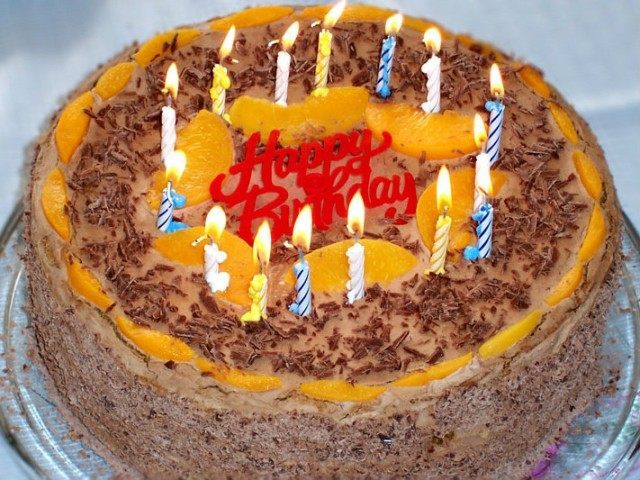Warner/Chappell Music will no longer collect about $5,480 per day on royalties for the copyright to “Happy Birthday to You” after federal judge George King ruled Tuesday in Los Angeles that the 1893 lyrics weren’t subject to copyright protection anymore.
The tune was originally composed by two Kentucky sisters named Mildred and Patty Hill, and titled “Good Morning to All.” It later evolved into the song that has been sung at birthday parties around the globe for over a century.
Warner/Chappell has been aggressively collecting about $2 million per year fees since 1988, when it bought Birch Tree Group as successor to Clayton F Summy Co, which claimed the original copyright.
Warner/Chappell forced filmmakers Rupa Marya and Robert Siegel, who were making a 2013 documentary short about the song, to pay Warner/Chappell $1,500 to use the song. But Marya and Siegel were so appalled, they hired attorney Mark Rifkin to sue Warner/Chappell.
Rifkin told the BBC Radio 4, “We did exhaustive historical research and none of it showed that the publisher owned anything other than copyrights to four very specific piano arrangements.”
U.S. District Judge King agreed with attorney Rifkin and ruled in his opinion that the original copyright held by Summy was only granted for specific arrangements of the music in several different ways, not the copyright for the specific lyrics.
Attorney Rifkin said he now intends to continue moving forward with the second phase of the case. “We’re going to be asking the court to order Warner to return all the money that’s been collected from everyone who has had to pay a licensing fee or royalty to use the song…at least going back to 1988.”
That could be $54 million for the royalties paid over the last 27 years, plus a compounded rate of interest that could more than double the unjustified value of the royalty revenue collected by Warner/Chappell.
The Comedy Channel’s The Colbert Report did a 2014 skit to embarrass Warner Music for charging people money to sing the song. Stephen Colbert created a hilarious royalty-free Happy Birthday song that could be sung to the tune of ‘The Star-Spangled Banner.’
Speaking about the judge’s decision, Nelson said it was a “great victory for musicians, artists and people around the world who have waited decades for this.” As expected, representatives for Warner/Chappell Music said, “We are looking at the court’s lengthy opinion and considering our options.”
Despite the U.S. court ruling, the song still remains under copyright in the UK and other countries–and caution should be exercised over its use, intellectual property lawyer Mark Owen told the BBC. A partner at law firm Taylor Wessing added, “As elements of the song are still potentially within the maximum copyright term it may be the case that someone still owns some rights to it.”
Warner/Chappell after the ruling issued a press release that stated, “We are looking at the court’s lengthy opinion and considering our options.”

COMMENTS
Please let us know if you're having issues with commenting.